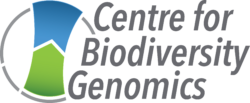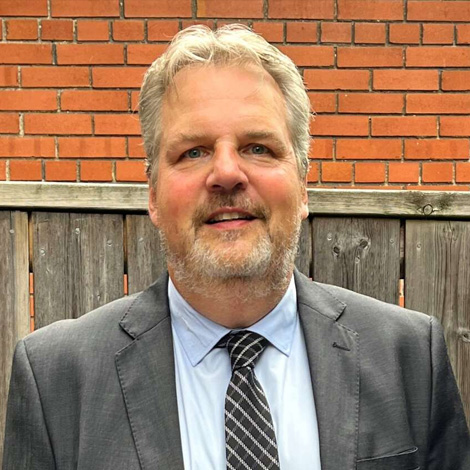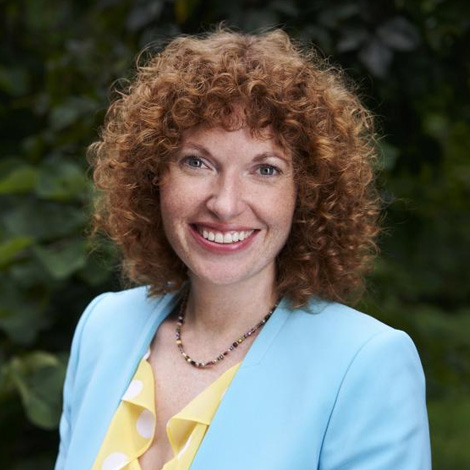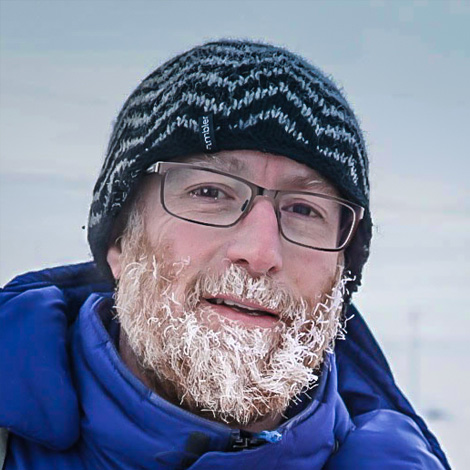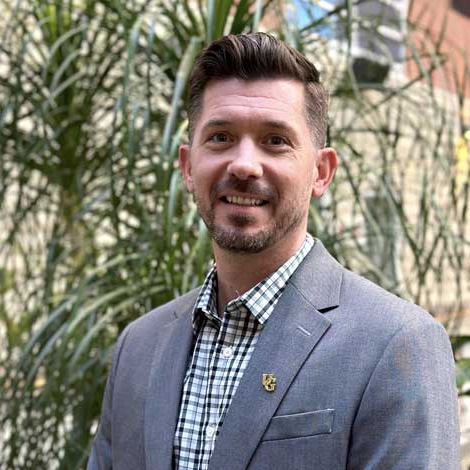
Graham Holloway
Chair
Associate Dean Research, College of Biological Science
Dr. Holloway’s research focuses on understanding the regulation of mitochondrial fatty acid oxidation in skeletal and cardiac muscle, which can be influenced by 1) the transport of fat into mitochondria and 2) mitochondrial content. Holloway’s lab applies this knowledge to the study of human exercise performance as well as type 2 diabetes.
